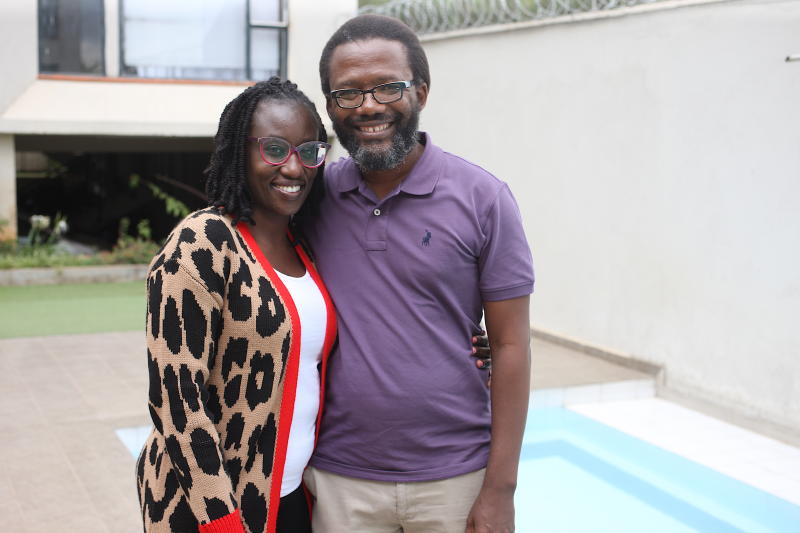×
The Standard e-Paper
Smart Minds Choose Us

In 2016, Leonard and Emily Mcharo, then aged 42 and 37 years respectively, achieved financial independence and retired from their careers.
Financial independence means having adequate assets that generate enough cash flows enabling one to live well from a passive income. In this state, one doesn’t have work to meet their living expenses.